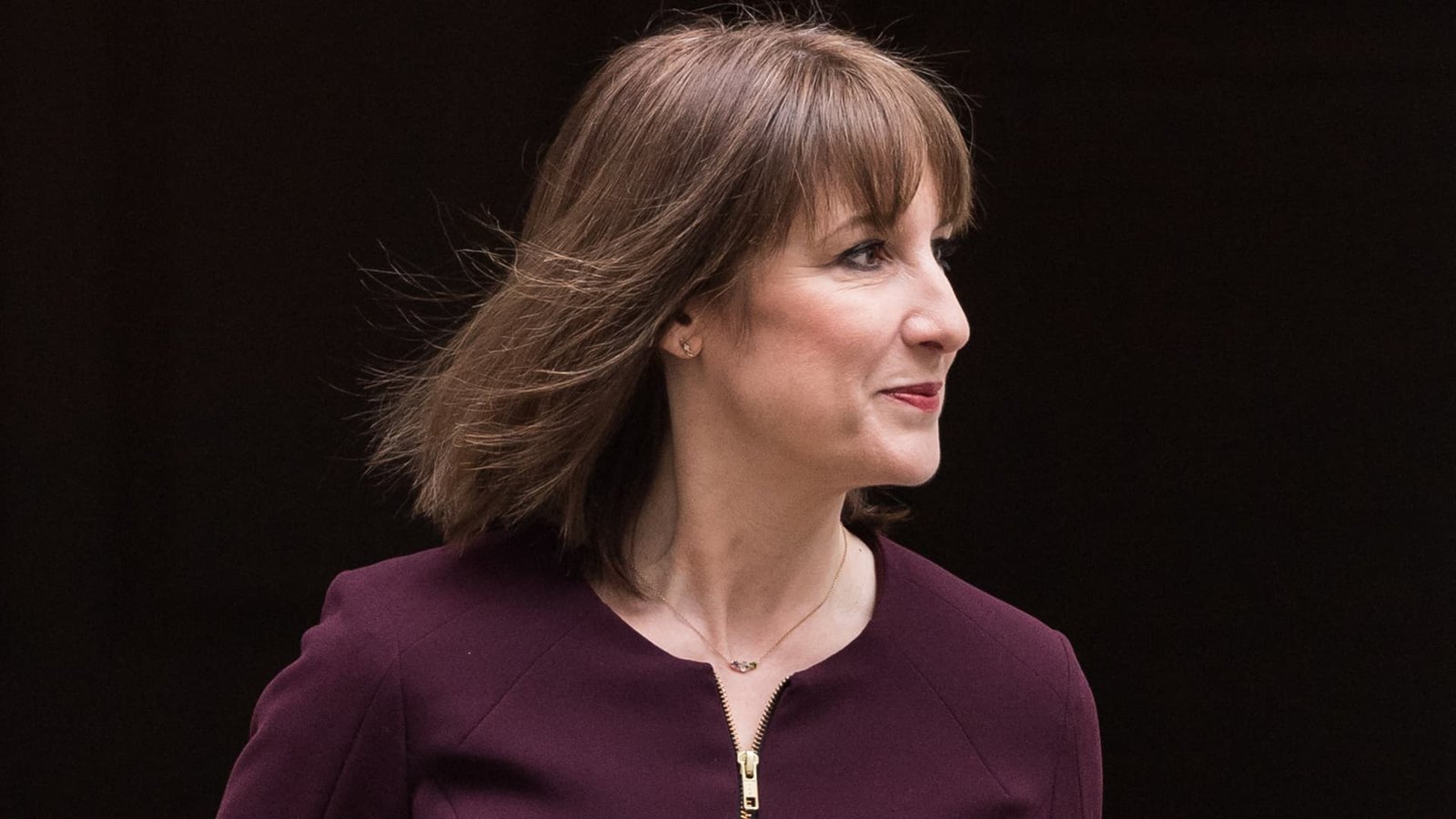Britain’s government is walking a fiscal tightrope. And it’s bond market getting wobblier by the day.
Finance Minister Rachel Reeves announced Wednesday that her government would inject billions of pounds into defense, healthcare, and infrastructure over the coming years. Big promises. Big spending. But there’s a problem.
The very next day, official data showed the U.K. economy shrank by a greater-than-expected 0.3% in April. That’s not exactly the backdrop you want when announcing massive spending increases.
Here’s the math problem keeping Treasury officials up at night: when you’re funding public spending in the absence of a growing economy, you’ve got two choices. Raise taxes or borrow more money. Reeves already pledged not to hike taxes again after her Autumn Budget last year. So that leaves borrowing.
The government borrows by issuing bonds called gilts. Investors buy them, essentially lending money to the state. The yield represents their return. Simple enough. But here’s where it gets messy.
Gilt yields have been on a roller coaster this year. The U.K. government’s long-term borrowing costs spiked to multi-decade highs in January. Yields on 20- and 30-year gilts are still sitting firmly above 5%. That’s expensive money.
The numbers are staggering. Official estimates show the government will spend more than £105 billion ($142.9 billion) paying interest on its debt this fiscal year. That’s £9.4 billion higher than projected during the autumn budget. By 2026, annual interest payments could hit £111 billion.
Think about that for a moment. £105 billion just to service existing debt. Not to build hospitals or fund schools. Just to pay interest on money already borrowed.
Andrew Goodwin from Oxford Economics warns it could get worse. NATO is poised to hike defense spending targets to 5% of GDP. Add in potential U-turns on winter fuel payments and other welfare reforms, and the spending pressures mount.
“If recent movements in financial market pricing hold, debt servicing costs will be around £2.5bn ($3.4 billion) higher than they were at the time of the Spring Statement,” Goodwin warned Wednesday.
The opposition isn’t buying the government’s fiscal strategy. Shadow Chancellor Mel Stride told CNBC Thursday that the spending review raises serious questions about borrowing levels. “Government borrowing is having consequences in terms of higher inflation in the U.K. and therefore interest rates higher for longer,” he said.
Stride painted a grim picture. Debt servicing costs running at £100 billion annually. That’s twice what Britain spends on defense. “I’m afraid the overall economy is in a very weak position to withstand the kind of spending and borrowing that this government is announcing,” he added.
The opposition leader predicts Reeves will “almost certainly” have to raise taxes again in her autumn budget. So much for that pledge.
Market watchers share the concern. Rufaro Chiriseri from RBC Wealth Management warns that rising borrowing costs are putting Reeves’ “already small fiscal headroom at risk.” The danger? A snowball effect where nervous investors dump UK debt, triggering further selloffs.
Iain Barnes from Netwealth describes Britain as being in “a state of fiscal fragility.” Room for maneuver is limited. “The market knows that if growth disappoints, then this year’s Budget may have to deliver higher taxes and increased borrowing to fund spending plans,” he said.
But not everyone sees doom and gloom. April LaRusse from Insight Investment suggests the UK’s Debt Management Office could reshape its borrowing strategy. Issue shorter-term debt instead of expensive long-term bonds. With average yields on 1-10 year gilts around 4% compared to 5.2% on longer bonds, there’s scope to cut costs.
Still, LaRusse acknowledges the scale of the challenge. Debt interest payments are estimated to hit 3.5% of GDP this fiscal year. That’s a massive chunk of national income just servicing existing borrowing.
The government hasn’t said how it will fund Wednesday’s spending announcements. Reeves’ office didn’t respond to requests for comment about funding sources. That silence speaks volumes.
Britain finds itself caught between competing pressures. Voters demand better public services. NATO wants higher defense spending. The economy is shrinking. Bond markets are jittery. And every percentage point rise in borrowing costs adds billions to the national debt burden.
It’s a delicate balancing act. One that’s getting harder to maintain as fiscal headroom shrinks and market patience wears thin. The question isn’t whether something has to give. It’s what gives first.



